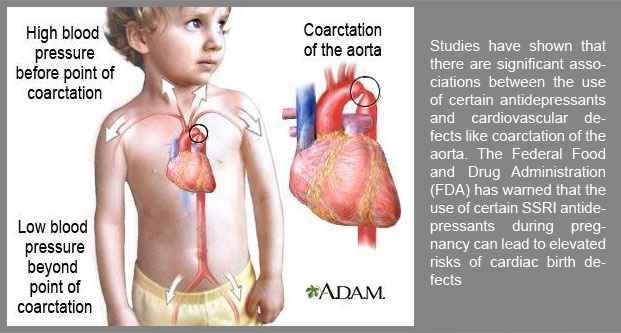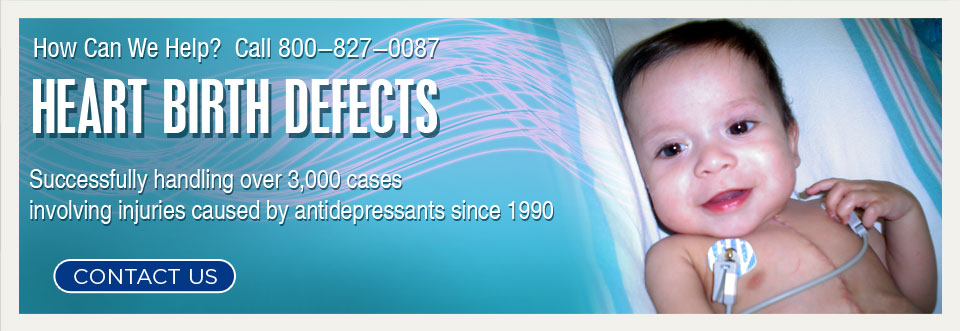Coarctation of the Aorta

Overview
Coarctation of the aorta is a birth defect that affects the heart. The aorta is the large artery that pumps blood from the heart out into the body. The term coarctation means narrowing.
When an infant is born with coarctation of the aorta, he or she is born with an abnormally narrow aorta. The narrowing causes abnormal blood flow and a decrease in blood flow to the lower part of the body. Aortic coarctation can be a life-threatening congenital defect if left untreated.
Signs and Symptoms
Symptoms vary widely according to severity. In about half the cases of aortic coarctation, symptoms are present at birth or the first few days of life. In less severe cases, symptoms may develop later in childhood or adolescence.
Infants and small children with mild to severe coarctation of the aorta typically show the following symptoms:
- Pale skin
- Irritability
- Heavy sweating
- Difficulty breathing
- Cold feet or legs
- Poor growth
If these symptoms are left untreated the result can lead to heart failure and, in severe cases, death.
Treatment
Newborns and young children that show symptoms usually require heart surgery. During surgery, the malformed portion of aorta is either opened and reconnected or removed completely. If the aorta needs to be removed, a man-made artery or one of the patient's own arteries is commonly used to fill the gap.
Some patients born with this heart defect require treatment throughout their lives and many children with aortic coarctation require medicine to treat high blood pressure.
Complications and Prognosis
Although coarctation of the aorta is treatable, there are risks and complications that coincide with surgery, including:
- Rupture of the aorta
- Infection in the heart
- Heart failure
- Problems with kidney function
- Very high blood pressure
- Stroke
Long term complications can also develop, including:
- Continued narrowing of the aorta after surgery
- Infection in the heart called Endocarditis
- Lifelong high blood pressure
There is an increased risk of heart problems among those who are born with an aorta coarctation. In severe cases, coarctation of the aorta can lead to death.
Causes
Studies have shown that there are significant associations between the use of certain antidepressants and cardiovascular defects like coarctation of the aorta. The Federal Food and Drug Administration (FDA) has warned that the use of certain SSRI antidepressants during pregnancy can lead to elevated risks of cardiac birth defects.
|



